Market Analysis
In-depth Analysis of Marine Management Software Market Industry Landscape
Lately, the interest for productive and smoothed out management arrangements inside the marine area has filled the extension of this software market. As delivery organizations, port specialists, and oceanic associations try to upgrade functional proficiency and consistence with administrative prerequisites, the reception of marine management software has become progressively common. One critical driver of market elements is the developing accentuation on security and administrative consistence inside the oceanic business. With a rising number of stern guidelines overseeing sea tasks, including ecological principles and wellbeing conventions, there is a rising requirement for software arrangements that can assist with guaranteeing adherence to these rules.
Marine management software gives highlights, for example, vessel following, wellbeing management, and consistence checking, empowering organizations to explore the complicated scene of sea guidelines effortlessly. Another element adding to the market elements is the rising familiarity with the significance of information driven dynamic in the sea area. This information driven approach engages oceanic partners to settle on informed choices, improve asset designation, and at last upgrade functional productivity.
The combination of innovations, like Internet of Things (IoT) further shapes the market elements of marine management software. IoT-empowered sensors and gadgets on vessels give constant information on different boundaries, considering prescient support and early distinguishing proof of possible issues. Man-made brainpower calculations upgrade information examination abilities, empowering the software to create significant bits of knowledge and improve oceanic activities. From fleet management to trip organization, organizations in this market try to give far reaching software suites that address the requirements and difficulties looked by oceanic associations. This variety in contributions adds to a dynamic and spirited market climate, where development and continuous improvement are foremost. Marine management software merchants should adjust their solutions for meet the prerequisites of various geographic markets, prompting a shifted and region-specific interest for these arrangements.


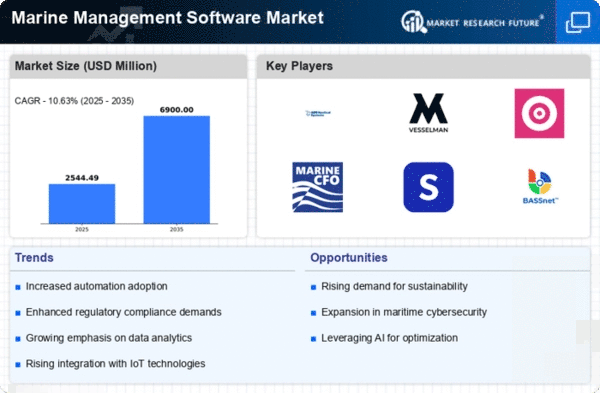

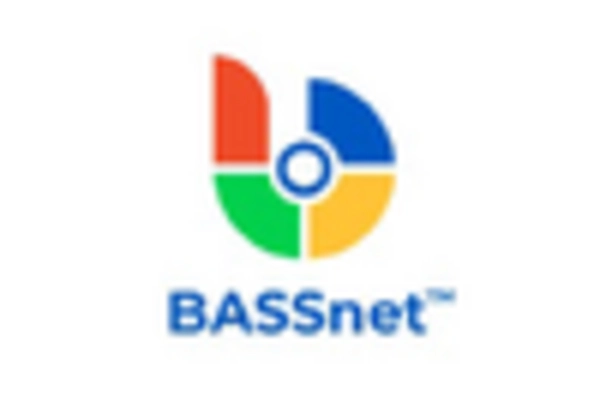

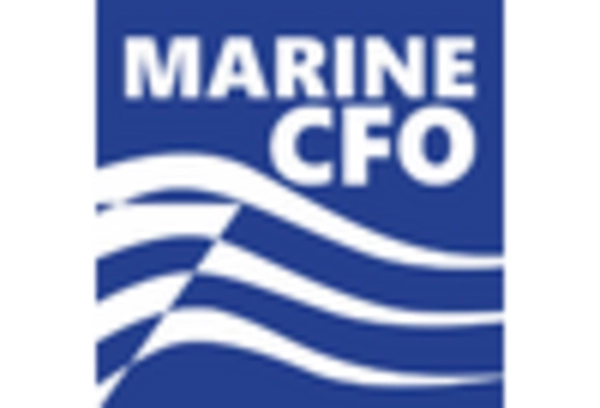
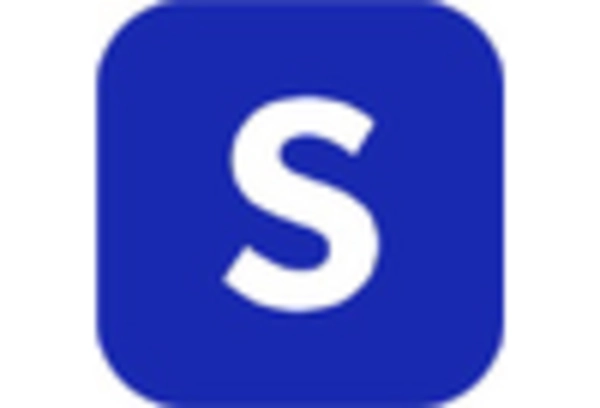
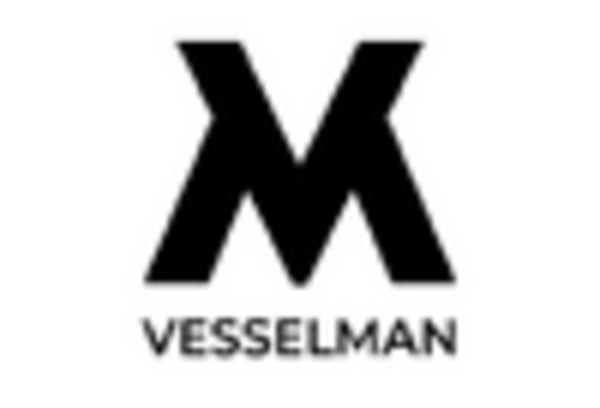









Leave a Comment